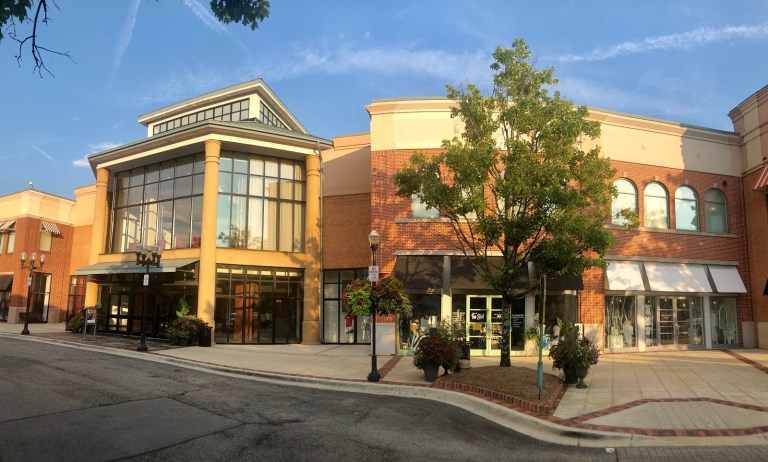St. Vincent’s, United Way and local paramedics team up to keep patients healthy
Reading time: 5 minutes
Sponsored

One of the highest rates for hospital readmission is among heart patients. Recently, St. Vincent’s Hospital, Birmingham Fire and Rescue, and the United Way of Central Alabama’s Bold Goals Coalition launched a pilot project that has significantly reduced this problem and helped keep cardiac patients healthy. Here is their story.
St. Vincent’s Mission
According to Susan Sellers, President of St. Vincent’s Foundation, a large part of St. Vincent’s Hospital’s mission is providing holistic health care.
“We focus on a patient’s mind, body and spirit,” said Sellers. “We are continually looking for ways to expand our holistic care for patients outside of the four walls of the hospital. Just because you are an inpatient at one of our hospitals, and then you are discharged, we still care about you. We still want to be sure you are doing the things that are going to improve your health and give you a greater likelihood that you will stay well.”
To accomplish that mission, the St. Vincent’s- coordinated paramedicine pilot program was established.
The Problem, The Solution

Randy Granata, a St. Vincent’s Community Health Nurse, told us that nationally, one in five heart patients return to the hospital within 30 days after being released.
To help avoid this, the project consists of two parts.
1. A Patient Texting Program. When a cardiac heart patient or a COPD patient is about to be discharged from the hospital, they are given the opportunity to enroll in the patient texting program. The purpose of the program is to allow health care navigators to stay in touch with that patient to make sure that they are:
- Not gaining weight
- Following up with their primary care physician
- Getting their prescriptions filled
- Monitoring them at home
2. Immediate check-ins using local Fire and Rescue, when needed. If they are unable to reach the patient, or there are concerns that alarm the St. Vincent’s team, they can dispatch a paramedic. Project partner Birmingham Fire and Rescue is called upon to check on them at their homes. Some of the action steps the paramedics might take on a visit with the patient are:
- A physical evaluation of the patient
- Ensuring patients have their prescriptions and helping to organize them
- Make sure doctor-prescribed activities are being done
- Connecting patients to social services
- Filling food pantries
- Changing smoke detector batteries
United Way’s Role

To help fund this project, the United Way stepped in and supported it through a grant and its Bold Goals Initiative.
“This project is a great example of an innovative partnership that is already achieving measurable results and helping people to live healthier lives,” said Sara Newell, Senior Vice President of Community Impact for United Way of Central Alabama. “Through the Bold Goals Coalition, we are working with health care providers, governmental agencies, nonprofit organizations, school systems, and the business community to find collaborative solutions to our region’s biggest challenges.”
United Way’s support has also leveraged additional funding from the Ascension Foundation to extend the program to rural communities, especially the five counties surrounding Birmingham.
Positive Results

To date, St. Vincent’s has enrolled over 690 patients in the texting program.
“It has been an innovative and scalable way to connect with people in the community,” St. Vincent’s Randy Granata emphasized. “We work with our patients when they are leaving the hospital, and we schedule these texts using algorithms specifically based on how a patient answers a text and produces a care alert.”
Having both patient texting and home visits by local Fire and Rescue really make a difference. They have found a significantly lower number of patients that enroll in the program returning to the hospital within 30 days.
“We have found we are in the single digits…instead of 1 in 5 or 20% heart patients readmitting…” added Granata. “We have created a great process to connect our people with the community and address their needs once they leave the hospital.”

United Way’s Newell concluded, “This project is exciting because it showcases a strategy that could be applied to improve outcomes for so many patients. Especially in the era of COVID-19, our community needs innovative approaches like this one to make the healthcare system as accessible to people as it can be.”
Want to learn more about this successful pilot project between St. Vincent’s, Birmingham Fire and Rescue, and United Way? Contact the St. Vincent’s Foundation and United Way of Central Alabama.
Sponsored by:




